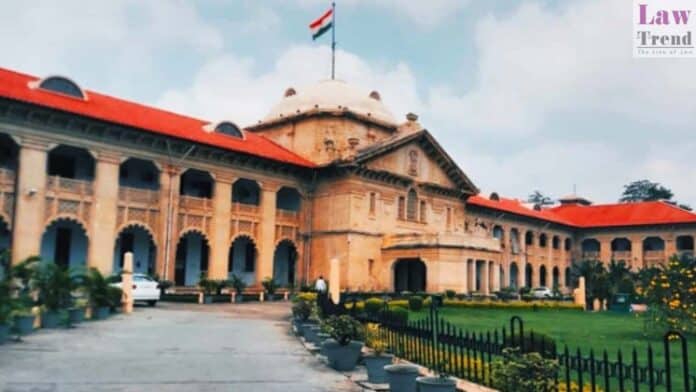In a significant ruling, the Allahabad High Court dismissed a petition by Canfin Homes Ltd. and another party challenging the attachment of a property under the U.P. Gangsters and Anti-Social Activities (Prevention) Act, 1986 (“Gangster Act”). The petitioners, a housing finance company and its subsidiary, sought to overturn the attachment order on a house mortgaged
To Read More Please Subscribe to VIP Membership for Unlimited Access to All the Articles, Download Available Copies of Judgments/Order, Acess to Central/State Bare Acts, Advertisement Free Content, Access to More than 4000 Legal Drafts( Readymade Editable Formats of Suits, Petitions, Writs, Legal Notices, Divorce Petitions, 138 Notices, Bail Applications etc.) in Hindi and English.




